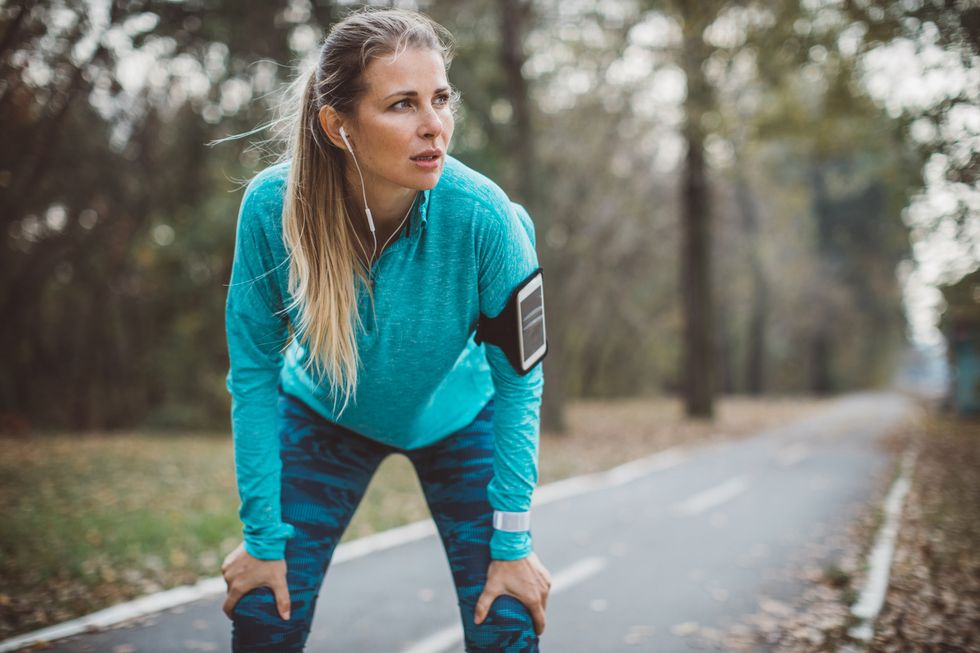
“Slightly tired, but I assumed that was normal runner’s fatigue?” This is what Matt said to me just prior to us embarking on a 4-week training camp. After doing a blood test and measuring his iron levels, it was apparent Matt was iron deficient.
It is not uncommon for runners to be diagnosed with iron deficiency. In fact, according to a review published in the European Journal of Applied Physiology, it is estimated ~5–11% of male and 15–35% of female athletes are iron deficient. Iron can be thought of as one of the building blocks for our red blood cells, forming part of haemoglobin. In athletes who are severely iron deficient, those building blocks are not available for use and haemoglobin production is reduced. When haemoglobin levels get very low, this is referred to as anaemia. Because haemoglobin is responsible for carrying oxygen around the body, anaemia can impair running performance.
How can I determine my iron status?
A blood test from your GP is the best way to assess your iron levels. While a variety of markers can be measured, the key two are haemoglobin and ferritin (the iron storage protein). In athletes, an annual screening is recommended for males and 6-monthly screenings suggested for females. However quarterly screenings may be required for those with a recent history of iron deficiency, females with missing periods, athletes experiencing symptoms such as fatigue and lethargy, or an unexplained decline in running performance.
How can I best support my iron stores?
The body can not make iron, and therefore it is important to consume adequate amounts of iron-rich foods in your diet. Typically, the body absorbs the most iron from animal-based iron sources like red meat, fish and poultry, whereas less iron is taken up from plant-based iron foods. This is why vegetarian and vegan runners can be at an increased risk of iron deficiency, and should pay particular attention to their diet. Foods like breakfast cereals, commercial breads and some sports foods are often fortified with iron, which makes them a great option to help increase daily iron intake.
While dietary iron obtained from food is typically sufficient to meet daily requirements, in some athletes who struggle with iron deficiency, oral iron supplementation can be an effective treatment strategy. Recent research from the University of Western Australia was able to show that an iron supplement consumed in the morning, compared to afternoon will result in greater iron absorption. Current best practice guidelines would suggest that iron supplements should be taken fasted, in the morning, prior to or within 30 min of exercise occurring.
Importantly, while low iron levels can impair running performance, there is no evidence that higher iron stores will lead to further performance improvements. Rather, iron can be toxic in large amounts and keeping your iron stores within a healthy range will be optimal for performance.
In Matt’s case, we started him on oral iron supplements taken each day while fasted. After 4-weeks of high-quality training and supplementation, his ferritin increased towards a healthy range and his VO2max (or aerobic capacity) increased by 8%. If you are interested in better understanding your iron levels, the Australian Catholic University is currently recruiting runners to take part in an iron-based research study. We are looking for male and female runners, aged 18-45 years old and running ~50 km/week or more. If you are interested and eligible, please reach out for more information at Alannah.mckay@acu.edu.au

